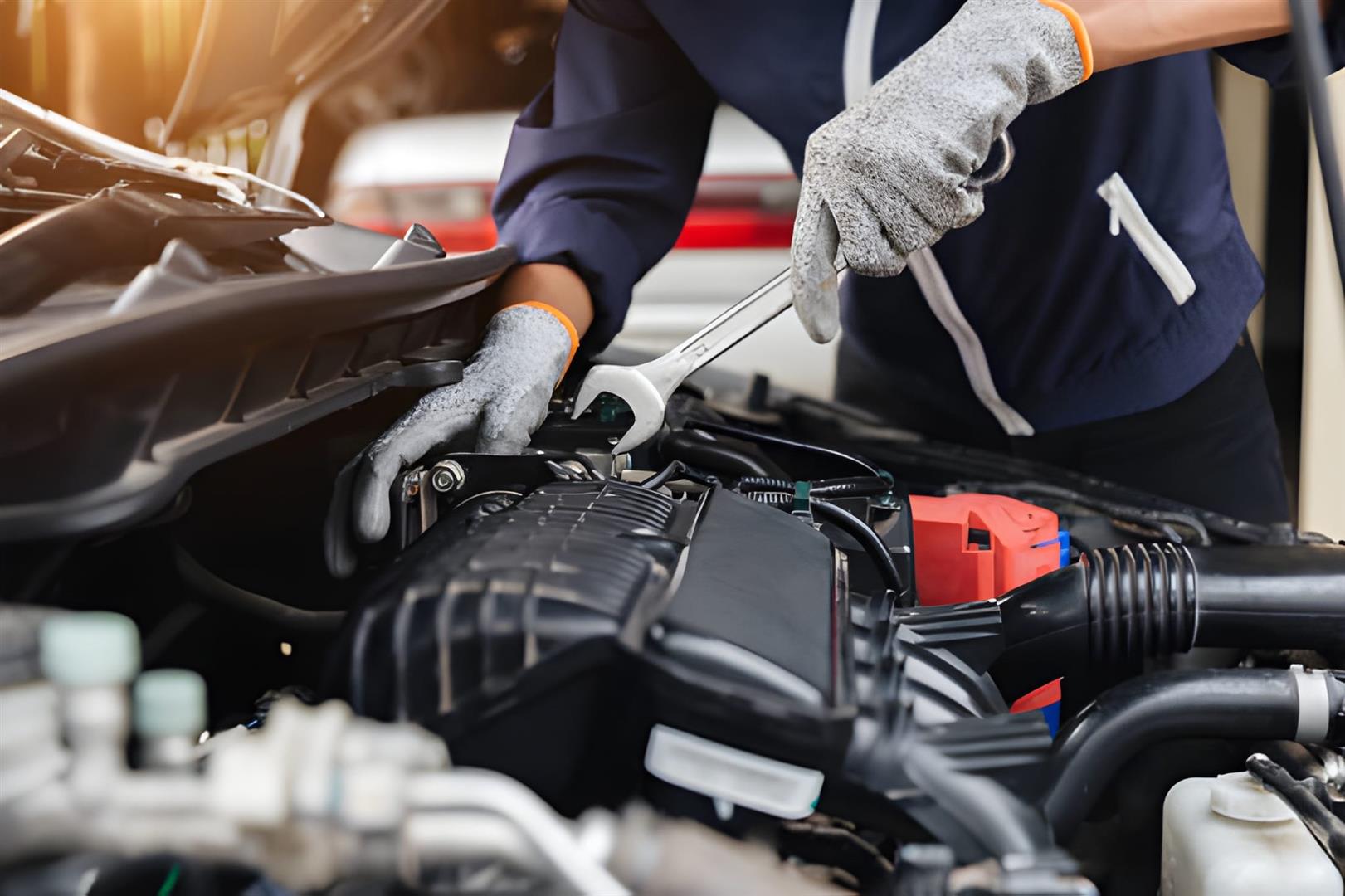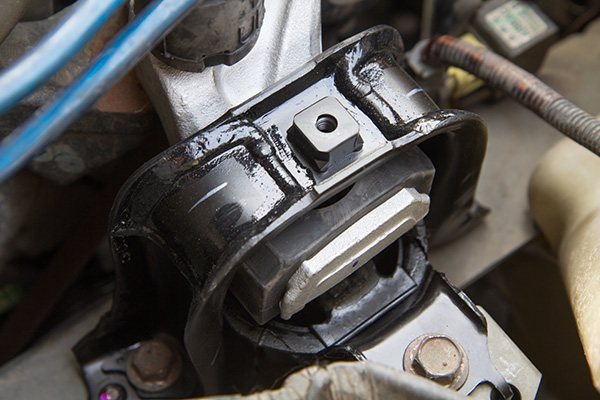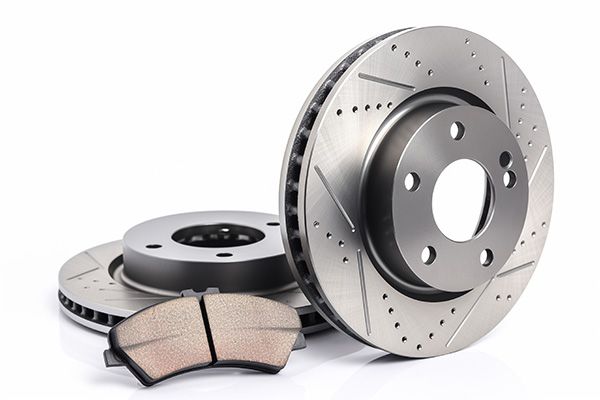Posted on 10/31/2025

Cold weather can be tough on your vehicle’s battery. If your car has ever struggled to start on a chilly morning, you’ve seen firsthand how dropping temperatures affect performance. Fall is the perfect time to get ahead of potential problems before winter hits. A weak battery might still crank your engine during warmer months, but once the temperature drops, that same battery could leave you stranded. Here’s how to prepare your battery for cold weather and avoid surprises when you need your car the most. Why Batteries Struggle in Cold Weather Car batteries rely on a chemical reaction to generate electricity. When the temperature falls, that reaction slows down, reducing the battery’s ability to produce power. At 32°F, a battery loses about 20% of its strength. By the time it hits 0°F, it can lose more than half. Meanwhile, your engine oil thickens, and electrical demands increase with things like the heater, defroster, and headlights ... read more
Posted on 9/30/2025

Introduction Mid-Missouri’s fall season is beautiful golden leaves, crisp air, weekend drives down Highway 54, and pumpkin patches with the family. But fall also brings real driving challenges: shorter days, slippery leaves, foggy mornings, and more wildlife crossing rural roads. That’s why it's a great time to talk about a piece of car tech you might not even realize your vehicle relies on, Advanced Driver Assistance Systems, or ADAS. If your vehicle was made in the last 10 years, chances are it has one or more ADAS features: backup cameras, lane departure alerts, adaptive cruise control, blind spot monitoring, or even automatic emergency braking. All these systems depend on precise calibration to do their job properly and seasonal shifts in weather, lighting, and visibility make that calibration even more critical. At The Auto Shop in Jefferson City, MO, we’re known for our personal touch and top-notch tech. And that includes full-service ADAS calibration. He ... read more
Posted on 9/26/2025

Your car’s engine is a heavy, powerful device, and it’s held in place by a few critical components called engine mounts. These mounts serve two important functions: they secure the engine to the frame and they absorb vibrations so your ride stays smooth. When engine mounts begin to fail, the symptoms can be subtle at first, but ignoring them can lead to expensive damage and uncomfortable driving. Here are five common signs that your engine mounts may need attention. 1. You Feel Excessive Vibration One of the first signs most drivers notice is increased vibration. Engine mounts are designed with rubber or fluid-filled components to absorb the engine’s normal movement and vibration. When the mounts wear out, harden, or break, they lose their ability to isolate that motion. You may feel more vibration than usual in the steering wheel, floorboards, or even through the seat. These vibrations tend to get worse while idling or when the engine is under lo ... read more
Posted on 8/29/2025

Your brakes are the most important safety system in your vehicle. They allow you to slow down and stop when you need to, helping you avoid accidents and maintain control. Over time, brake components such as pads and rotors wear down and require replacement. But how do you know when it is time to replace them? Knowing the warning signs and the differences between brake pads and rotors will help you decide when to schedule service and avoid costly repairs. The Role of Brake Pads and Rotors Brake pads are the friction material that presses against the rotors to slow your vehicle. Rotors are the large metal discs attached to each wheel. When you step on the brake pedal, the pads clamp onto the rotors, creating friction that slows the wheels. Both parts wear down over time—pads gradually lose their thickness, while rotors can become worn, warped, or grooved from constant contact. Signs Your Brake Pads Need Replacement Most brake pads are designe ... read more
Posted on 7/25/2025

Regular oil changes are one of the most important maintenance tasks for keeping your car’s engine healthy and running smoothly. Oil lubricates moving parts, reduces friction, and helps cool the engine. Over time, oil breaks down and becomes contaminated, losing its ability to protect your engine. But how can you tell when it’s time for an oil change? Here are five warning signs that you might be overdue. 1. Engine Noise and Knocking Fresh oil forms a protective barrier between engine components, preventing metal-on-metal contact. When oil becomes old or too low, it loses its lubricating qualities, and engine parts start rubbing together. This often leads to increased engine noise or even knocking sounds. If you notice your engine is louder than usual, it might be trying to tell you that the oil isn’t doing its job anymore. 2. Dark, Dirty Oil New engine oil is amber and somewhat translucent. Over time, it collects dirt, metal part ... read more